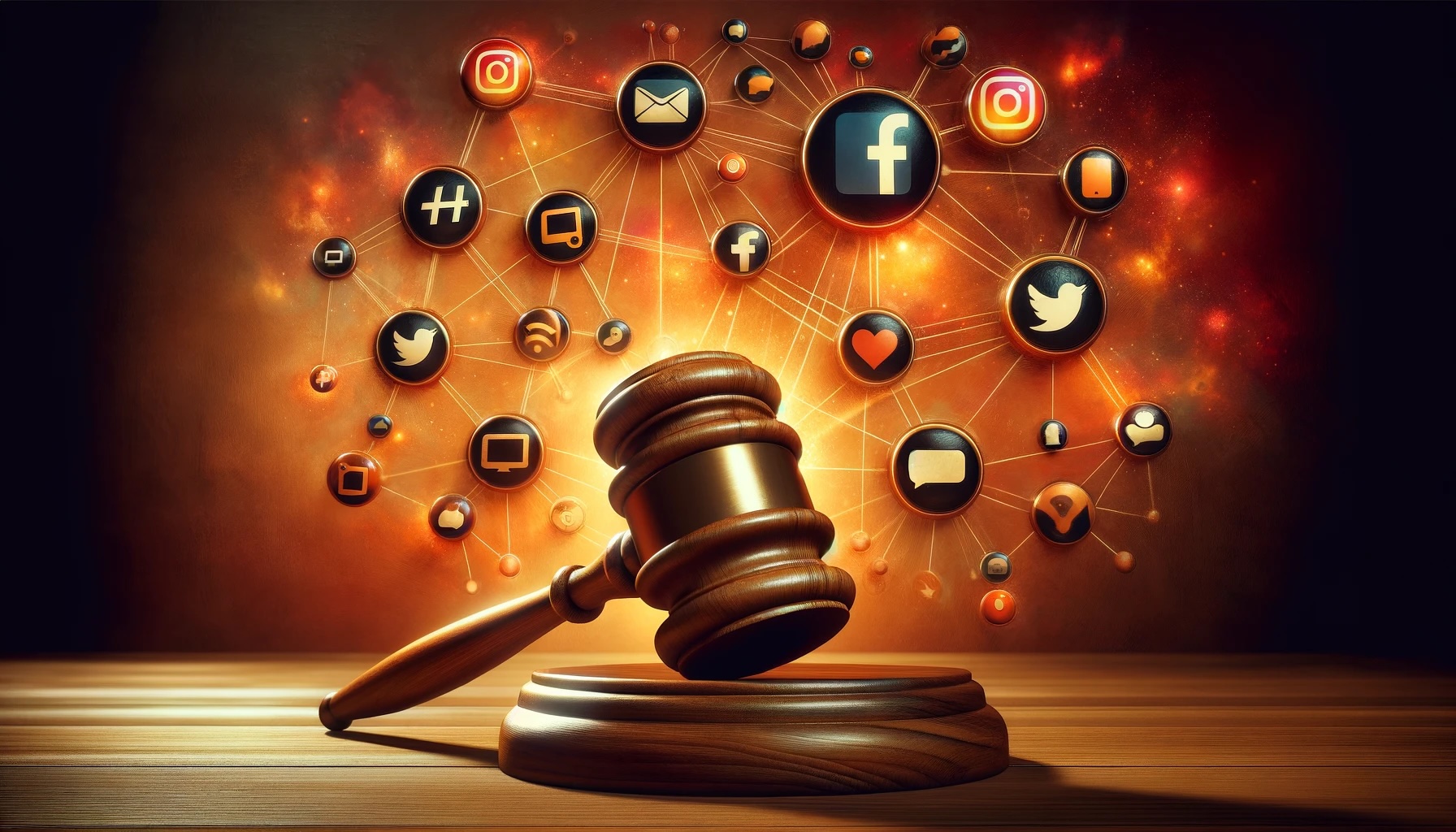In the digital age, social media has become a central hub for personal expression, news dissemination, and public discourse. However, this ease of communication brings with it the increased risk of defamation disputes, where statements made online can lead to significant legal battles. Hepworth Legal, a full-service law firm based in Utah with a specialization in defamation among other areas, provides strategic guidance to navigate these complex issues. This post delves into how social media platforms have transformed defamation disputes, offering insights for individuals and businesses alike.
In this article:
- The Rise of Social Media in Defamation Law
- Understanding Defamation: Basics and Legal Standards
- Social Media: A Hotbed for Defamation Disputes
- The Challenges of Proving Defamation on Social Media
- Strategies for Managing Defamation Risks on Social Media
- How Hepworth Legal Can Assist in Social Media Defamation Cases
The Rise of Social Media in Defamation Law:
Social media platforms, with their unprecedented reach and speed of information dissemination, have become fertile ground for defamation disputes. Statements that might have remained obscure in the past can now go viral in hours, reaching vast audiences and potentially causing significant reputational harm.
Understanding Defamation: Basics and Legal Standards:
Defamation involves making a false statement about someone that damages their reputation. Legal standards for defamation include proving the statement was false, communicated to others, and resulted in harm. Social media complicates these criteria, blurring the lines between opinion and fact.
Social Media: A Hotbed for Defamation Disputes:
The casual nature of social media often leads users to make off-the-cuff remarks without considering the potential legal ramifications. These platforms amplify statements, making it easier for them to be seen as defamatory.
The Challenges of Proving Defamation on Social Media:
Proving defamation on social media presents unique challenges, such as identifying anonymous users and establishing jurisdiction. The transient nature of online content, which can be deleted or edited, also complicates evidence collection.
Strategies for Managing Defamation Risks on Social Media:
To mitigate defamation risks, individuals and businesses should adopt a proactive approach, including monitoring social media mentions, understanding the legal distinction between opinion and defamation, and seeking legal counsel when disputes arise.
How Hepworth Legal Can Assist in Social Media Defamation Cases:
Hepworth Legal offers personalized attention and strategic guidance to navigate the complexities of social media defamation. With a team of experienced attorneys, the firm provides compassionate and effective legal representation, ensuring the best possible outcomes for their clients.
Protect Your Reputation with Expert Legal Guidance
Navigating social media defamation can be complex. Let Hepworth Legal, with its expertise in defamation law, help you manage the risks and protect your reputation.





Leave A Comment